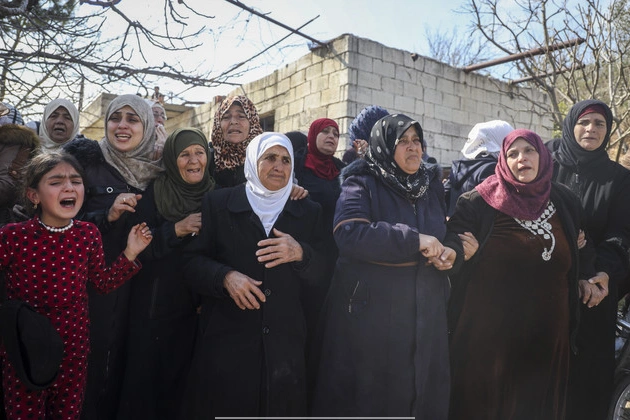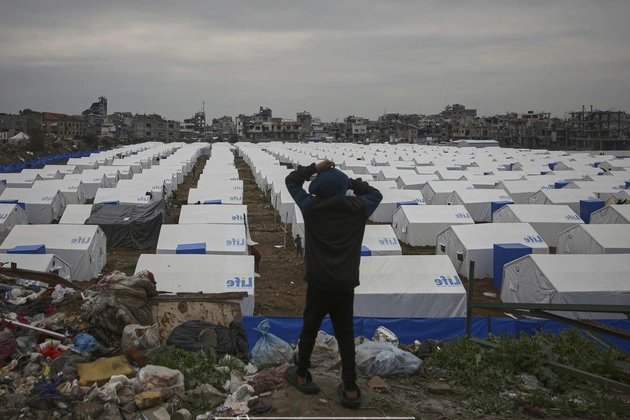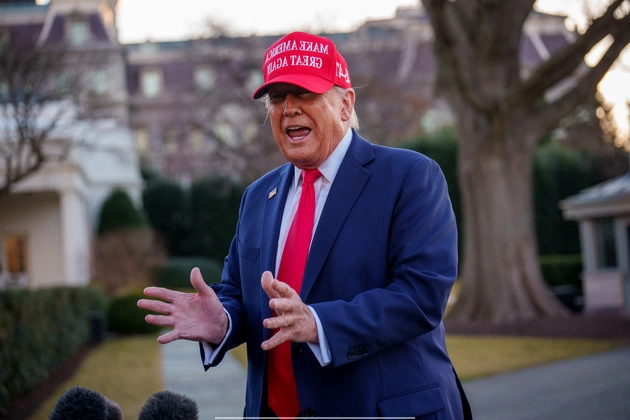
Ending the Russia-Ukraine Conflict: Insights from Mike Waltz
Incoming national security adviser Mike Waltz shares his optimism about President Donald Trump’s potential role in ending the Russia-Ukraine conflict. Waltz anticipates that establishing relationships in the near future will pave the way for constructive dialogues to bring about peace.
Trump’s Diplomatic Approach
President Trump’s strategy revolves around fostering communication with key stakeholders. A planned meeting with Russian President Vladimir Putin signifies a crucial step towards addressing the conflict. Trump’s commitment to resolving the ‘bloody mess’ in the region is evident in his proactive stance.
Path to Resolution
While the specifics of the upcoming meeting remain under discussion, the focus is on initiating discussions that could lead to substantial progress. Trump’s earlier promises to swiftly resolve the conflict have evolved into a more realistic approach, as indicated by Keith Kellogg’s proposed timeline of 100 days for peace negotiations.
Diplomatic Realities
Waltz acknowledges the complexity of the situation, emphasizing the need for a diplomatic resolution. Recognizing the impossibility of completely expelling Russian forces from Ukrainian territory, he highlights the global consensus on the necessity of diplomatic interventions.
President Trump’s rhetoric has played a significant role in shifting perceptions about the conflict. By dispelling notions of a perpetual war, Trump has paved the way for constructive engagements aimed at ending the crisis.
Strides Towards Peace
Waltz underscores the recent positive developments, noting a shift from prolonged conflict to a willingness to collaborate on peace efforts. The transition from a stalemate scenario to a proactive stance, exemplified by President Zelenskyy’s readiness to engage in peace talks, signals a promising shift in the conflict dynamics.
Reflecting on post-election sentiments, Waltz highlights the evolving perspectives on the conflict, emphasizing the urgency of ending the war to prevent further humanitarian crises and resource depletion.
Overall, the collective acknowledgment of the need for diplomatic resolutions marks a significant step towards ending the Russia-Ukraine conflict. With sustained diplomatic efforts and global cooperation, the path to peace becomes increasingly tangible.















